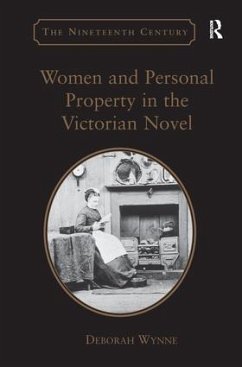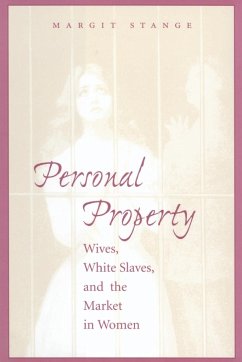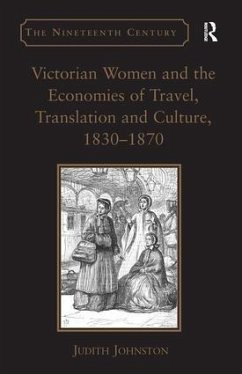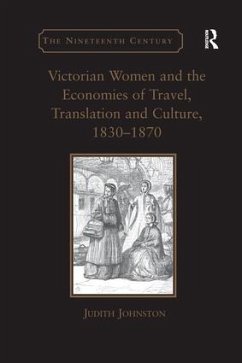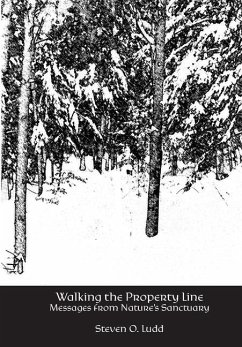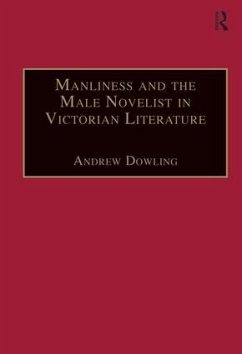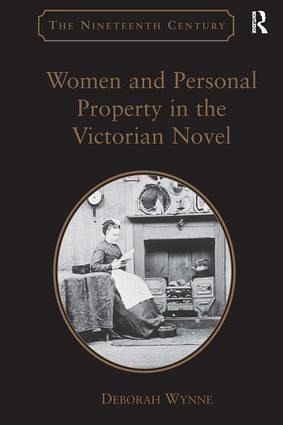
Women and Personal Property in the Victorian Novel
Versandkostenfrei!
Versandfertig in 1-2 Wochen
178,99 €
inkl. MwSt.
Weitere Ausgaben:

PAYBACK Punkte
89 °P sammeln!
How key changes to the married women's property laws contributed to new ways of viewing women in society are revealed in Deborah Wynne's study of literary representations of women and portable property during the period 1850 to 1900. While critical explorations of Victorian women's connections to the material world have tended to focus on their relationships to commodity culture, Wynne argues that modern paradigms of consumerism cannot be applied across the board to the Victorian period. Until the passing of the 1882 Married Women's Property Act, many women lacked full property rights; evidenc...
How key changes to the married women's property laws contributed to new ways of viewing women in society are revealed in Deborah Wynne's study of literary representations of women and portable property during the period 1850 to 1900. While critical explorations of Victorian women's connections to the material world have tended to focus on their relationships to commodity culture, Wynne argues that modern paradigms of consumerism cannot be applied across the board to the Victorian period. Until the passing of the 1882 Married Women's Property Act, many women lacked full property rights; evidence suggests that, for women, objects often functioned not as disposable consumer products but as cherished personal property. Focusing particularly on representations of women and material culture in Charles Dickens, George Eliot, and Henry James, Wynne shows how novelists engaged with the vexed question of women's relationships to property. Suggesting that many of the apparently insignificant items that 'clutter' the Victorian realist novel take on new meaning when viewed through the lens of women's access to material culture and the vagaries of property law, her study opens up new possibilities for interpreting female characters in Victorian fiction and reveals the complex work of 'thing culture' in literary texts.





